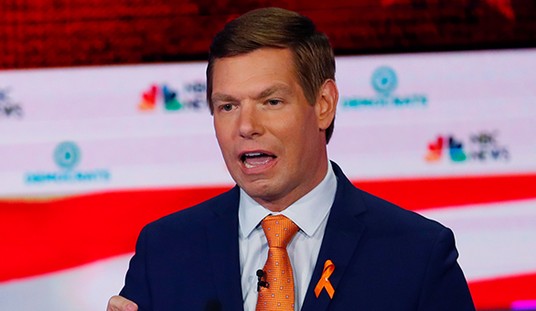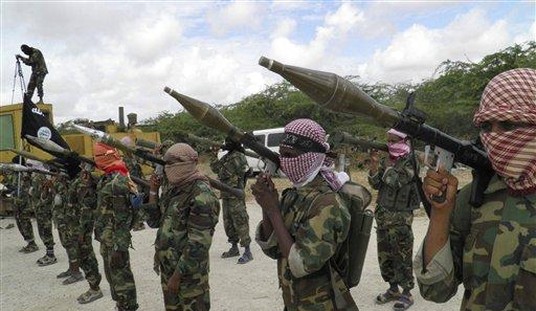An Iran sanctions bill under veto threat from the White House passed in the lower chamber today, but the vote was then vacated because 138 members missed the roll call.
Final votes in the House happened around noon as lawmakers left early for a leadership retreat. The re-vote on the sanctions bill will happen on Jan. 26, after lawmakers return from the MLK holiday break.
Still, House Foreign Affairs Committee Chairman Ed Royce (R-Calif.) was pleased with the first vote on the measure introduced by Rep. Steve Russell (R-Okla.), which keeps the administration from lifting sanctions from individuals involved in Iran’s ballistic missile program or in terrorist activities.
“While trying to sell the American people on his nuclear deal with Iran, President Obama vowed sanctions on the Iranian regime’s support for terrorism and its ballistic missile program ‘will continue to be fully enforced.’ Yet there’s nothing in U.S. law to prevent the administration from lifting sanctions on those involved in these activities,” Royce said.
“Since the Obama Administration sealed the Iran nuclear deal, Tehran has been on a roll. It has accelerated its missile program, taken more Americans hostage, and stepped up its slaughter in Syria. The administration’s response? Silence.”
Royce warned that “in just days, the regime in Tehran could begin to access tens of billions in cash under the president’s nuclear deal.”
“This bill is about ensuring the president keeps his promise,” the chairman said. “It will require him to certify that those receiving sanctions relief are not tied to Iran’s terrorism, ballistic missile or other illicit weapons programs.”
Of the sanctions, Russell said Obama “needs to provide Congress and the American people justification on why a select, identified group of terrorists and human rights violators no longer qualify to be on those lists.”
But the Office of Management and Budget said Obama “strongly opposes” the bill for “tying the administration’s ability to fulfill U.S. commitments under the deal to unrelated, non-nuclear issues.”
“By preventing the United States from fulfilling its JCPOA commitments, H.R. 3662 could result in the collapse of a comprehensive diplomatic arrangement that peacefully and verifiably prevents Iran from acquiring a nuclear weapon,” the OMB said in the statement of administration policy. “Such a collapse would remove the unprecedented constraints on Iran’s nuclear program that we achieved in the JCPOA, lead to the unraveling of the international sanctions regime against Iran, and deal a devastating blow to America’s credibility as a leader of international diplomacy.”
Still, the OMB insisted, “as we address our concerns with Iran’s nuclear program through implementation of the JCPOA, the administration remains clear-eyed and shares the deep concerns of the Congress and the American people about Iran’s support for terrorism.”
“The President has made it clear that he will veto any legislation that prevents the successful implementation of the JCPOA. If the President were presented with H.R. 3662, he would veto the bill.”









Join the conversation as a VIP Member